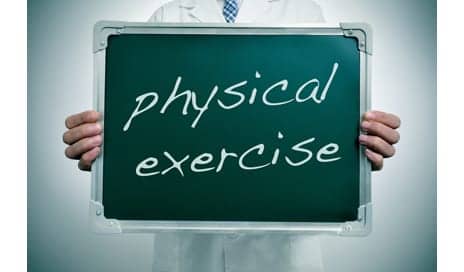A personalized exercise program may help reduce symptoms among young people with first-episode psychosis, according to a recent study.
The study, carried out at the University of Manchester in England, involved 31 people ages 18 to 35 who had been referred to local mental health trusts for treatment. Personalized exercise programs for each participant designed by the study’s research team were carried out for 10 weeks under supervision from the research team at local leisure centers. Seven people did not participate in an exercise program and were considered the control group, according to a media release from Manchester University.
After the 10-week period ended, all of the participants (including the control group) completed various standardized physical and mental health tests.
The test results suggest that the exercise group showed a 27% reduction in their psychiatric symptoms, which the researchers note in the release was significantly better than the control group. The exercise group participants’ brain functions also improved, and they also achieved some weight loss—which goes against the expected weight gain from the antipsychotic medications they were prescribed.
“This was only a pilot study, but the improvements, particularly in psychiatric symptoms, were dramatic,” says the study’s lead author Joseph Firth, in the release. “Personalized exercise at local leisure centers seems to be a cost-effective and successful way to help these young people recover.”
“By reaching people early on, exercise can provide a healthy and empowering add-on treatment for young people with psychosis. This could massively improve their social functioning and mental health, hopefully preventing long-term disability from ever arising,” he adds.
The study was published recently in Early Intervention in Psychiatry.
[Source(s): Manchester University, Science Daily]





